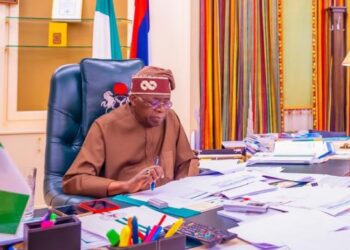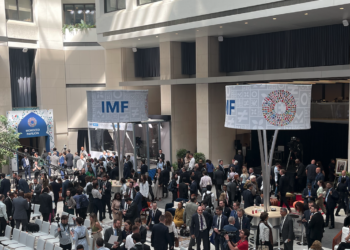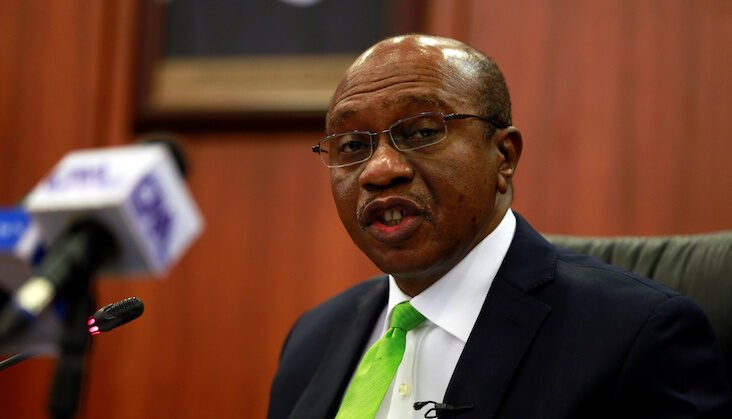President Muhammadu Buhari has said that the Federal government’s new economic plan incorporates aspects of the National Poverty Reduction with Growth Strategy through its Medium Term Expenditure Framework and other policies.
This was disclosed by Laolu Akande, Senior Special Assistant to the President on Media and Publicity, Office of the Vice President, after Vice President Yemi Osinbajo’s speech at the opening of the 27th Nigerian Economic Summit, while representing the President.
In line with the theme of the summit, “Securing our Future: The Fierce Urgency of Now,” the President said in order to tackle existing problems and at the same time benefit from domestic and global trends, stakeholders both in the public and private sectors must take timely actions and immediate steps.
What they are saying
“The question, of course, I insist, that must be answered regarding all our policies, is what do they mean for the creation of wealth and human capacity development?” Buhari said.
He added that the new plan incorporates aspects of the National Poverty Reduction with Growth Strategy which was articulated as a guide towards achieving the administration’s poverty reduction target.
“The starting point for the implementation of the Strategy is the realisation that increased employment is an indispensable tool for reducing poverty.
He also added that “the FG is responding to the challenges and opportunities of the moment by articulating forward-looking policies and strategies and implementing a coherent, clear and consistent set of actions in order to achieve our desired objectives.’’
The president added that the broad objectives of the new medium-term National Development Plan are to diversify the economy, invest in critical infrastructure, build human capital and improve governance and security and also to achieve broad-based and inclusive GDP growth in order to create 21 million jobs and lift 35 million people out of poverty by 2025.
“This ambitious but realisable target is consistent with government’s vision of lifting 100 million Nigerians out of poverty in a decade.
“The shock caused by the pandemic which is still very much with us was that Nigeria as a developing economy is striving to become a digital economy so that we can leapfrog into the Fourth Industrial Revolution.
“As if this is not challenging enough, we are also required as a good member of the international community to take steps to mitigate and to adapt to climate change.
“This is not a simple matter if we bear in mind that we are reliant on oil and gas for revenues and export earnings and yet reduction of the use of fossil fuels is the frontline strategy needed for achieving net-zero carbon emissions by 2050,” he said.
What you should know
In July, the Federal Executive Council (FEC) approved the 2022 – 2024 Medium Term Expenditure Framework and the Fiscal Strategy Paper (MTEF/FSP).
Minister of Finance, Dr Zainab Ahmed, stated that the Framework Strategy paper is a roadmap for the FG’s socio-economic and developmental objectives and priorities, including policies to be implemented for the reporting period of 2022 to 2024.
The Ministry of Finance presented the report to the FEC projecting revenue of N6.54 trillion and N2.62 trillion to accrue to the Federation Account and Value Added Tax (VAT) respectively, while 2023’s revenue is forecasted at N9.15 trillion.
















